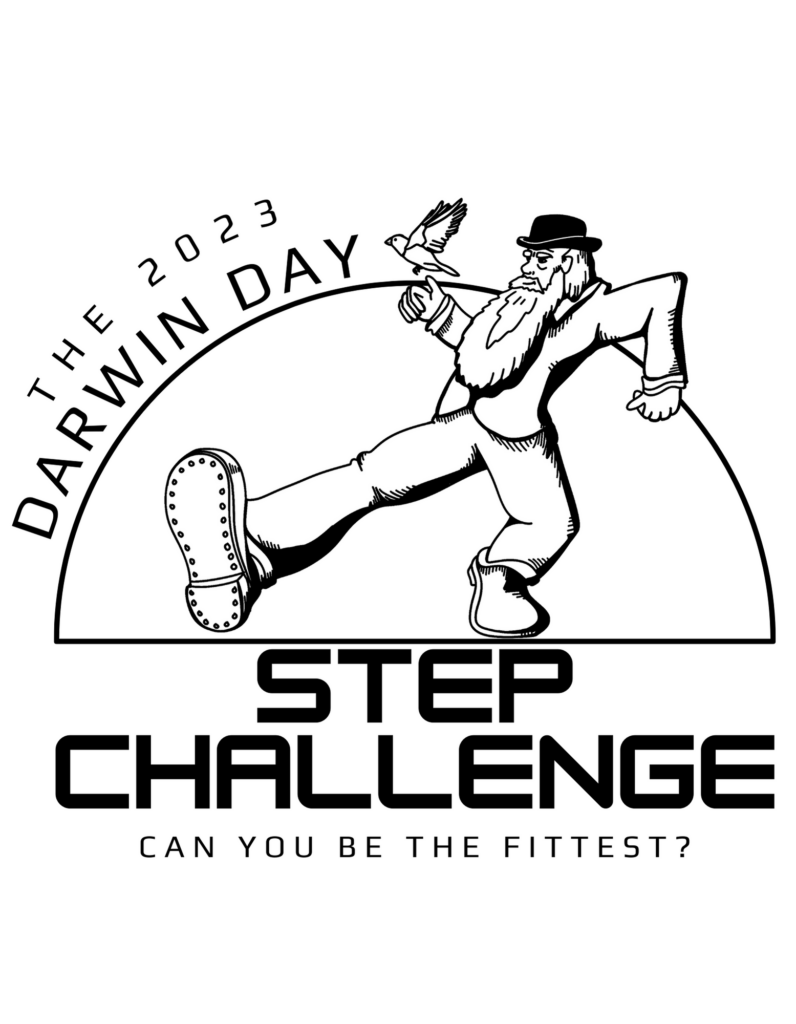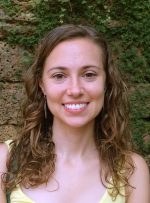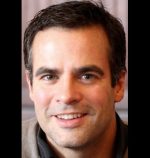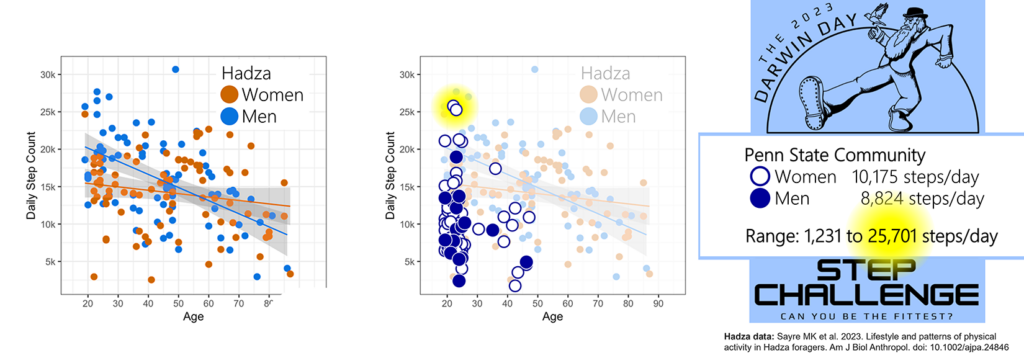Can you be the fittest?
 How many steps do you take in a day? How does your activity affect your sleep habits? Stress levels? Appetite?
How many steps do you take in a day? How does your activity affect your sleep habits? Stress levels? Appetite?
As part of the 2023 Darwin Day Lecture by Herman Pontzer, CHED (with help from Sam Muller) organized a Step Challenge for students to see how they would match up to the Hadza, a group of nomadic hunter-gatherers in Tanzania.
Teams and individuals used their own fitness tracking devices and apps to log daily steps for the week of January 30 – February 5, 2023. Surveys were administered to participants that allowed them to examine and track daily stress levels, sleep habits, and appetite. Winners in team and individual categories were announced by Dr. Pontzer at the Darwin Day Lecture.
All together, the 82 Step Challenge participants walked 4,670,000 steps, about 2,000 miles. That’s like taking a stroll around the diameter of the moon!
Contact Tess Wilson at tmw119@psu.edu for more information.
Slides and data provided by Herman Pontzer. Darwin Day Steps Challenge logo by Sam Muller.
Collected data will not be used in research or publications. Any use of data for internal reporting will be aggregated and anonymized.













